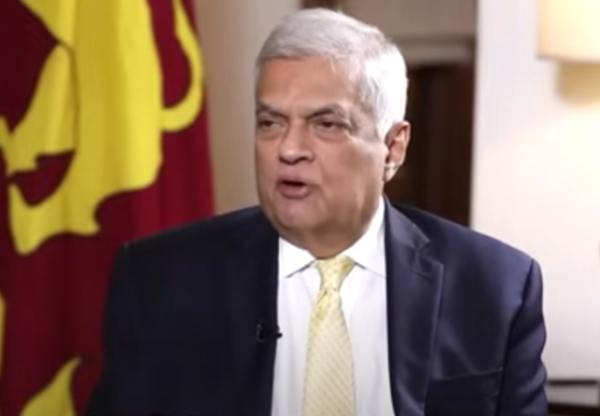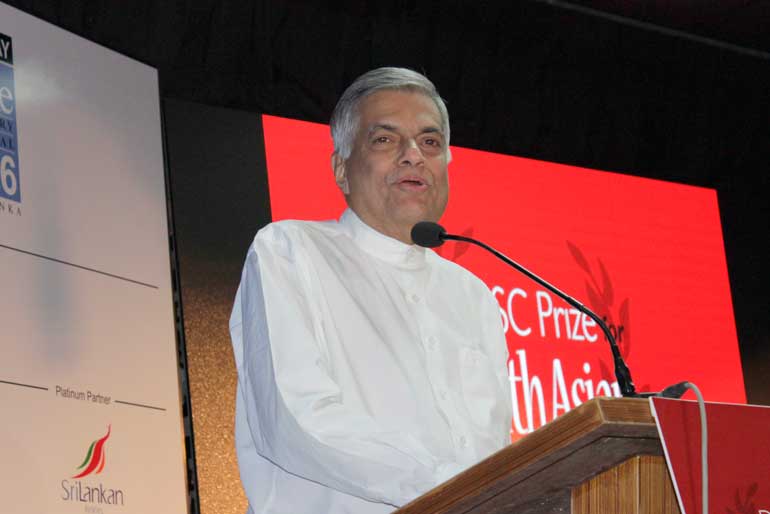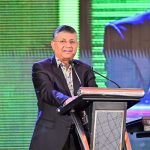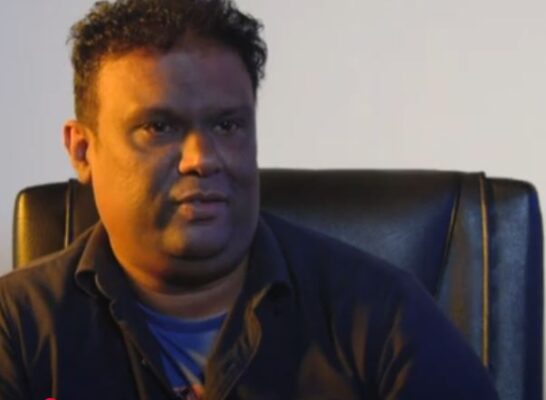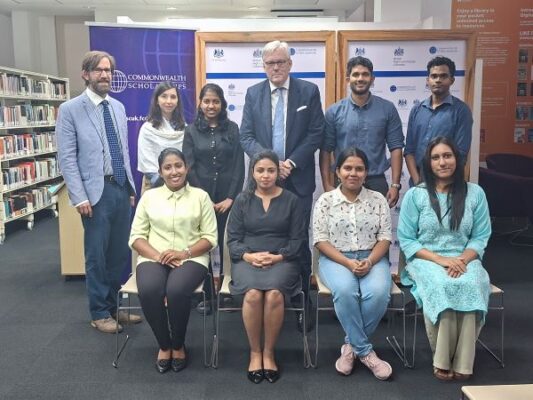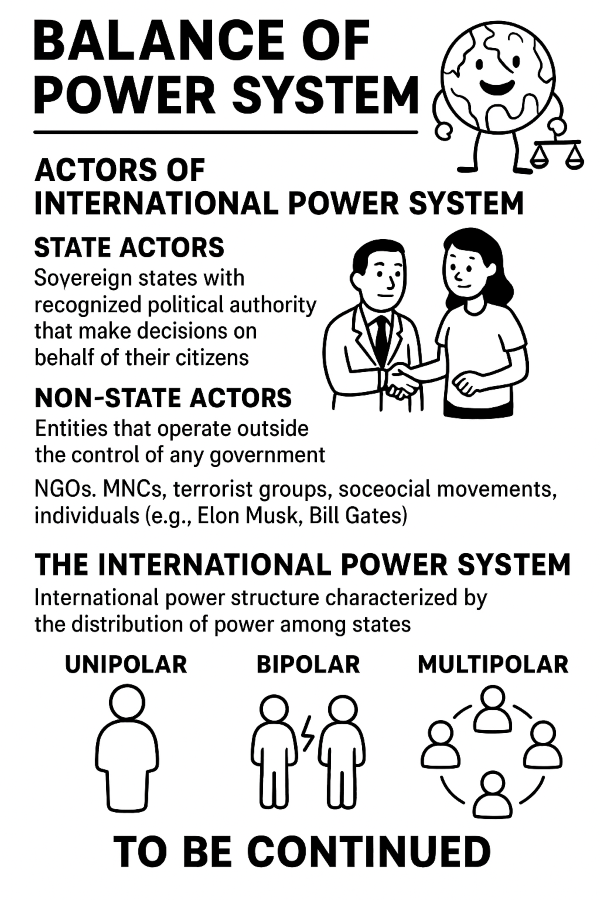Ranil Wickremesinghe: Leadership, Integrity, and the Complex Realities of Sri Lankan Politics – By Dr Harold Gunatillake
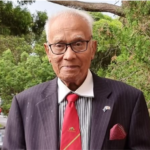
Image Source : ft.lk
Strategy, Resilience, and the Burden of Doing What Is Right
Leadership, in its truest sense, is rarely governed by mere happenstance. It is a deliberate, often arduous journey shaped by strategy, resilience, and the courage to pursue what is right, especially when the path is unpopular or fraught with risk. The story of Ranil Wickremesinghe, a statesperson whose career has intersected with the tumultuous landscape of Sri Lankan politics, stands as a testament to these ideals—and also as a window into the frailties and contradictions of governance in a nation grappling with legacy, morality, and change.
The Measure of Leadership: Beyond Fortune and Favour
Ranil Wickremesinghe’s rise in Sri Lankan politics isn’t just luck; it’s the result of his sharp strategic mind and strong commitment to his principles, even when they caused controversy. Throughout his multiple terms as Prime Minister, he has been part of both ambitious reforms and faced harsh criticism. He’s tackled economic challenges, ethnic issues, and a changing political scene, always staying true to the law and process, even if it means standing alone. What makes Wickremesinghe’s leadership special isn’t just popularity—it’s his discipline, resilience, and willingness to take necessary, though sometimes unpopular, actions. Whether it’s economic reforms, reconciliation after the civil war, or upholding constitutional order, he shows that authentic leadership requires courage, perseverance, and a dedication to the greater good.
The Controversy: Arrest and Accusations
However, within the arena of Sri Lankan politics, where narratives wield as much influence as tangible realities, even the most principled leaders may find themselves embroiled in controversy. The detention of Ranil Wickremesinghe for asserting travel expenses incurred during a visit to the United Kingdom as a government expenditure has been regarded as a significant offence. Although the incident appears procedural, it has been amplified by the media and political adversaries, transforming an administrative matter into a symbol of systemic injustice.
Such an allegation, along with the ensuing legal proceedings, raises profound concerns regarding accountability and the selective enforcement of laws. Wickremesinghe’s expense claim, subject to review and oversight, remains comparatively minor when juxtaposed with the accusations faced by numerous other political figures. In Sri Lanka, the pervasive accumulation of wealth by corrupt politicians—often funnelled into foreign bank accounts—represents a deeply rooted issue. Nonetheless, these individuals frequently portray themselves to the public as heroes, exerting influence through patronage, spectacle, and strategic narrative manipulation.
The Plight of Accountability in Sri Lanka
Sri Lanka finds itself in a situation full of irony. On the one hand, leaders like Wickremesinghe face criticism for minor mistakes, which draws public outrage and legal attention. Meanwhile, those who abuse their power, build vast fortunes, and participate in systemic corruption are often praised, with their images enhanced by populist rhetoric and the stories promoted by the state. This kind of contradiction isn’t unique to Sri Lanka, but it feels especially sharp in a society where political loyalty often goes hand in hand with personal benefit. Celebrating corrupt politicians as heroes, while unfairly condemning those who govern honestly, reveals a profound crisis in values that threatens the very foundation of good governance and public trust.
The Broader Political Context: Corruption and Public Perception
To understand the current reality, one must look beyond the individual and examine the broader architecture of Sri Lankan politics. The island nation has long struggled with the twin challenges of corruption and political patronage. From the post- independence era to the present day, the accumulation and concealment of wealth by public officials has eroded institutional trust and stifled social progress. Foreign bank accounts, overseas properties, and complex financial networks are not merely the trappings of personal enrichment—they are the mechanisms by which corruption is institutionalised. This phenomenon is exacerbated by a culture that rewards spectacle over substance, and by a legal system where enforcement is inconsistent and, at times, politically motivated. In this environment, the public’s perception of leadership is shaped less by the reality of governance and more by the stories that dominate the airwaves and social media. Those who can craft the most compelling narrative, regardless of truth or consequence, are often elevated to positions of influence. The spectacle of heroism is manufactured, while the quieter virtues of integrity and diligence go unnoticed or are actively undermined.
Strategy, Resilience, and the Courage to Do What Is Right
It is in this context that Wickremesinghe’s leadership must be evaluated—not merely by the controversy surrounding his detention, but also by his readiness to uphold principles that politics of convenience have long overshadowed. Throughout Wickremesinghe’s career, strategy has not centred on self- preservation but has involved navigating the complexities of Sri Lankan governance with a focus on reform, transparency, and reconciliation.
Resilience, for Wickremesinghe, has entailed enduring scrutiny, political betrayal, and the ongoing temptation to sacrifice principles for popular support. His courage has been exemplified during critical junctures—when constitutional stability was at risk, during urgent economic reforms, and when reconciliation necessitated difficult compromises.
The Challenge Ahead: Reconstructing Trust and Integrity
Sri Lanka’s challenges highlight how its political culture often values spectacle and self-interest over accurate service and substance. For example, the arrest of Wickremesinghe over a seemingly minor administrative matter reflects a deeper issue: a tendency to punish honest governance while overlooking the excesses of those who use public office for personal gain.
Restoring trust in Sri Lanka’s governance will take more than just fixing processes. It will require a complete shift in public values, encouraging a civic culture where integrity is the accurate measure of leadership. Additionally, building legal and institutional frameworks that ensure accountability is fair and consistent is essential. Only then can we revive the courage to do what is right, even when it’s not the popular choice, and make it a shining part of the nation’s virtues.
Conclusion: The Enduring Legacy of Leadership
Leadership, as exemplified by Ranil Wickremesinghe, isn’t just about luck — it’s about working intentionally hard for what is proper and necessary. His story reminds us that authentic leadership requires careful planning, resilience, and the courage to take action, even when the results seem small and the risks are high. In a country where some politicians still dodge justice and sway public opinion, Wickremesinghe’s experience inspires Sri Lanka to face its challenges honestly, rethink who its heroes are, and imagine a future where honesty and responsibility are the norm, not the exception.
End



